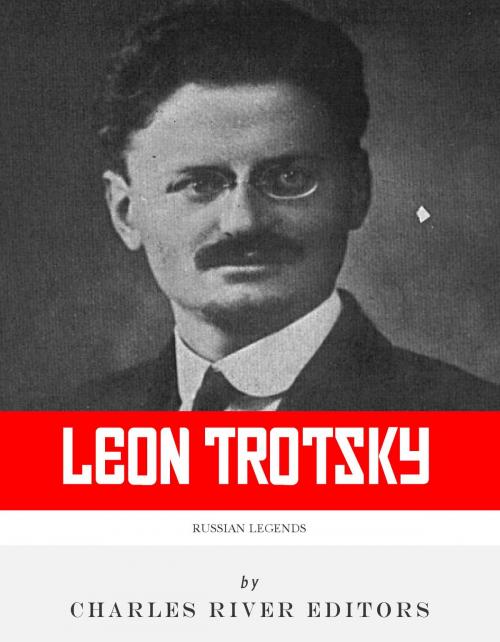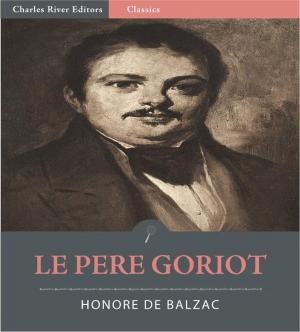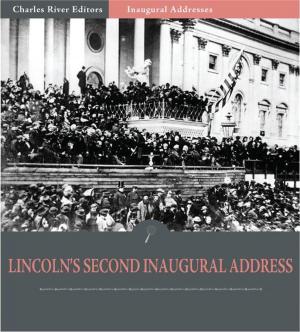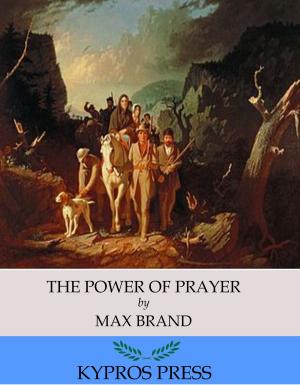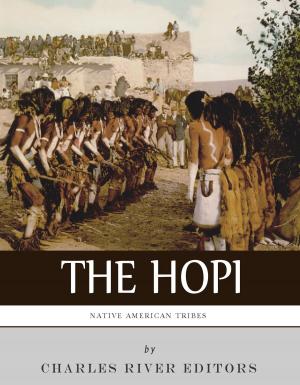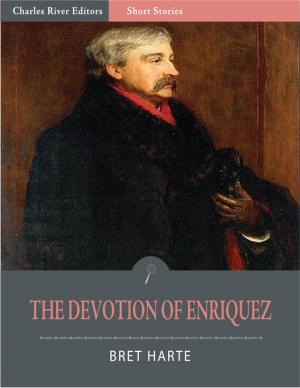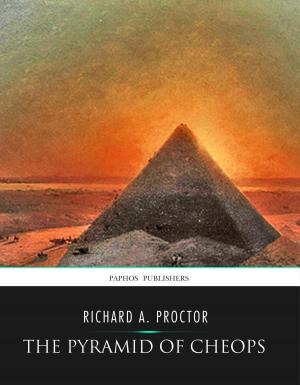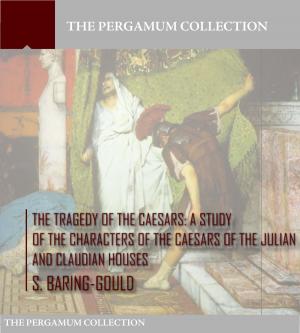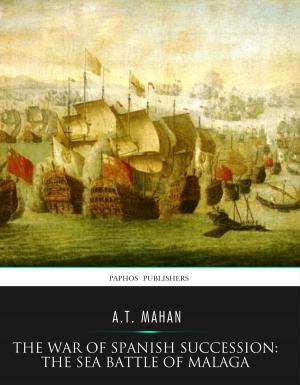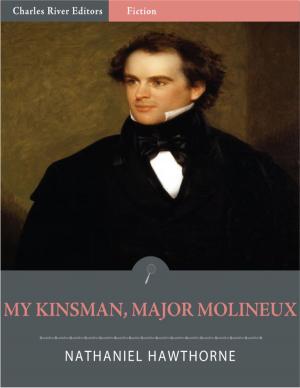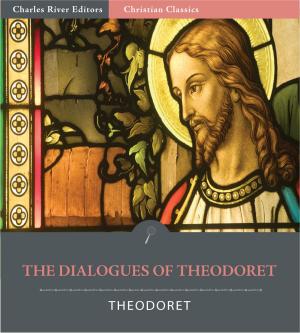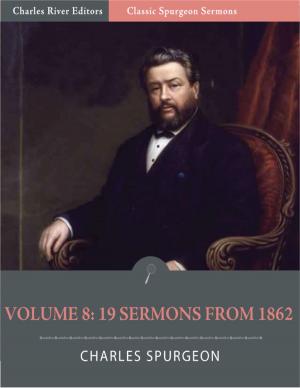Russian Legends: The Life and Legacy of Leon Trotsky
Nonfiction, History, Scandinavia, Biography & Memoir, Political| Author: | Charles River Editors | ISBN: | 9781475324266 |
| Publisher: | Charles River Editors | Publication: | June 7, 2013 |
| Imprint: | Language: | English |
| Author: | Charles River Editors |
| ISBN: | 9781475324266 |
| Publisher: | Charles River Editors |
| Publication: | June 7, 2013 |
| Imprint: | |
| Language: | English |
*Includes pictures of Trotsky and important people, places, and events in his life.*Explains Trotsky's role in the Bolshevik Revolution and how he was squeezed out by Stalin. *Includes a Bibliography for further reading.*Includes a Table of ContentsA lot of ink has been spilled covering the lives of historys most influential figures, but how much of the forest is lost for the trees? In Charles River Editors Russian Legends series, readers can get caught up to speed on the lives of Russias most important men and women in the time it takes to finish a commute, while learning interesting facts long forgotten or never known. For much of the 20th century, the struggle between capitalism and communism was one of the central dramas, and the figure of Leon Trotsky stood for many on the political left as a reminder of a road not taken. Along with Vladimir Lenin, Trotsky led the October Bolshevik Revolution of 1917 and held crucial posts in the early Soviet governments, but after Lenins death Trotsky was exiled, persecuted and finally murdered at the behest of his arch-rival, Joseph Stalin. For the final decade of his life, Trotsky was a man trapped in between two worlds. A communist seeking refuge in the capitalist West, Trotsky was deemed a secret agent of the capitalist powers by Stalins propaganda, but the Soviet Unions enemies also viewed him with suspicion. In the initial aftermath of Lenins death, Trotsky had been his allys heir apparent, and for those inclined to believe the Soviet experiment had started promisingly but gone astray, Trotsky became the embodiment of the betrayed promise of the early Bolshevik revolution. There were certain ironies in this widespread sympathetic interpretation of Trotskys legacy. For the Marxists and Marxist sympathisers appalled by Stalins paranoid police state, Gulag concentration camps, and strict suppression of dissent, Trotsky was viewed as a humane and cosmopolitan opposite to Stalin. But Trotsky himself had overseen and spearheaded campaigns of persecution against Russians suspected of “counterrevolutionary” leanings, and he had written a long tract defending these “terroristic” measures as necessary safeguards of the revolution. Other sympathetic observers asserted that while Stalin took refuge in a chauvinistic Russian nationalism, Trotskys political goals were always international in scope, but Trotskys internationalist perspective envisioned a state of cataclysmic international conflict on a global scale as a necessary precursor to the victory of communism. One reason Trotsky is remembered so differently is that he had a greater intellectual and cultural sophistication than Stalin, including a positive disposal toward the avant-garde movements of the 20th century arts and a strong interest in Einsteins physics and Freuds psychoanalysis. In the early post-revolutionary Soviet Union, avant-garde art, literature, and cinema flourished, but under Stalin artists were obliged to hew to the tenets of “socialist realism,” which in practice often let to kitschy, idealized paintings and films celebrating collective farm workers operating tractors and combine harvesters. Ultimately, Stalins mastery of propaganda and his willingness to tap into traditional Russian mythologies of religious nationalism keyed his political success, while Trotskys more cosmopolitan refinement and sympathy for “Western” artistic and intellectual trends lent itself to insinuations that he was a Western capitalist sleeper agent and something less than a true Russian. Trotskys Jewish origins provided further cause for suspicion among Russian nationalists. Russian Legends: The Life and Legacy of Leon Trotsky explores Trotskys life and work before the Bolshevik Revolution, as well as the crucial role he played in establishing the Soviet Union and his rivalry with Stalin.
*Includes pictures of Trotsky and important people, places, and events in his life.*Explains Trotsky's role in the Bolshevik Revolution and how he was squeezed out by Stalin. *Includes a Bibliography for further reading.*Includes a Table of ContentsA lot of ink has been spilled covering the lives of historys most influential figures, but how much of the forest is lost for the trees? In Charles River Editors Russian Legends series, readers can get caught up to speed on the lives of Russias most important men and women in the time it takes to finish a commute, while learning interesting facts long forgotten or never known. For much of the 20th century, the struggle between capitalism and communism was one of the central dramas, and the figure of Leon Trotsky stood for many on the political left as a reminder of a road not taken. Along with Vladimir Lenin, Trotsky led the October Bolshevik Revolution of 1917 and held crucial posts in the early Soviet governments, but after Lenins death Trotsky was exiled, persecuted and finally murdered at the behest of his arch-rival, Joseph Stalin. For the final decade of his life, Trotsky was a man trapped in between two worlds. A communist seeking refuge in the capitalist West, Trotsky was deemed a secret agent of the capitalist powers by Stalins propaganda, but the Soviet Unions enemies also viewed him with suspicion. In the initial aftermath of Lenins death, Trotsky had been his allys heir apparent, and for those inclined to believe the Soviet experiment had started promisingly but gone astray, Trotsky became the embodiment of the betrayed promise of the early Bolshevik revolution. There were certain ironies in this widespread sympathetic interpretation of Trotskys legacy. For the Marxists and Marxist sympathisers appalled by Stalins paranoid police state, Gulag concentration camps, and strict suppression of dissent, Trotsky was viewed as a humane and cosmopolitan opposite to Stalin. But Trotsky himself had overseen and spearheaded campaigns of persecution against Russians suspected of “counterrevolutionary” leanings, and he had written a long tract defending these “terroristic” measures as necessary safeguards of the revolution. Other sympathetic observers asserted that while Stalin took refuge in a chauvinistic Russian nationalism, Trotskys political goals were always international in scope, but Trotskys internationalist perspective envisioned a state of cataclysmic international conflict on a global scale as a necessary precursor to the victory of communism. One reason Trotsky is remembered so differently is that he had a greater intellectual and cultural sophistication than Stalin, including a positive disposal toward the avant-garde movements of the 20th century arts and a strong interest in Einsteins physics and Freuds psychoanalysis. In the early post-revolutionary Soviet Union, avant-garde art, literature, and cinema flourished, but under Stalin artists were obliged to hew to the tenets of “socialist realism,” which in practice often let to kitschy, idealized paintings and films celebrating collective farm workers operating tractors and combine harvesters. Ultimately, Stalins mastery of propaganda and his willingness to tap into traditional Russian mythologies of religious nationalism keyed his political success, while Trotskys more cosmopolitan refinement and sympathy for “Western” artistic and intellectual trends lent itself to insinuations that he was a Western capitalist sleeper agent and something less than a true Russian. Trotskys Jewish origins provided further cause for suspicion among Russian nationalists. Russian Legends: The Life and Legacy of Leon Trotsky explores Trotskys life and work before the Bolshevik Revolution, as well as the crucial role he played in establishing the Soviet Union and his rivalry with Stalin.
